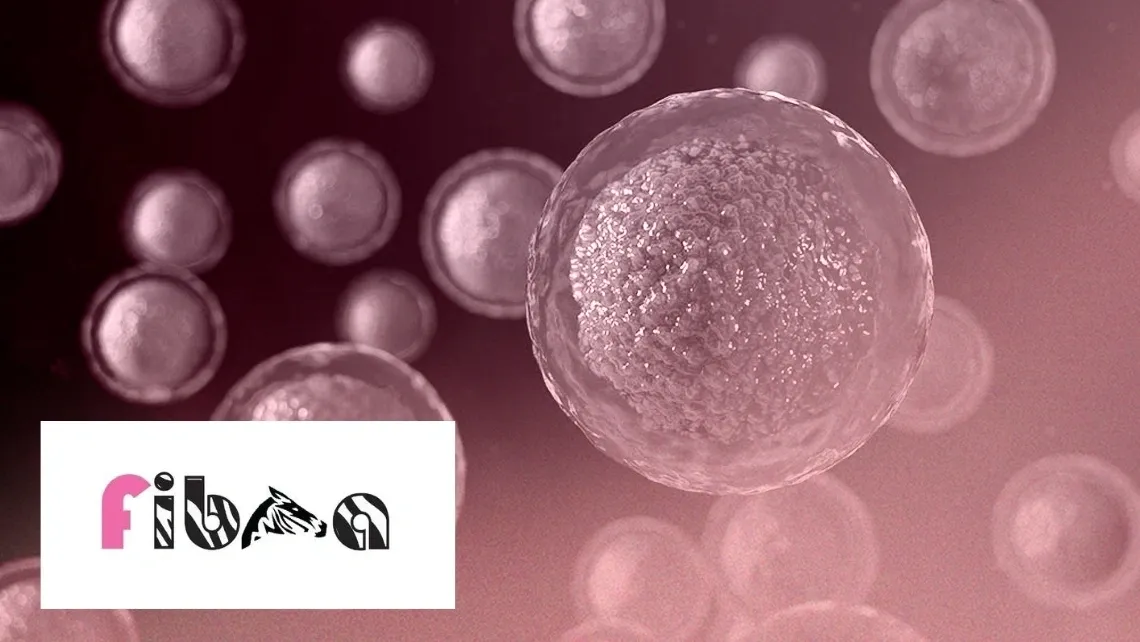Fibra™ Updates: Cutting-Edge Technology Meets Women’s Health

Struggles with infertility are challenging and stressful and women often suffer in silence. When going through this women often wonder why this is happening to them and how they can try to fix it. Since our menstrual cycles are dependent on our hormone levels, we must look at the most important one. Anti-mullerian is the key hormone that affects infertility in women.
What is Anti-Mullerian?
The anti-Mullerian hormone (AMH) is present in both men and women where it is present in the testicles for men and in the ovaries of women. AMH is used to measure ovarian health in women and is used to predict the number of ovaries in a woman’s uterus and how probable it is for her to achieve successful implantation. When AMH is low, it is considered ovarian aging and cannot be undone, yet it can be treated medically and naturally.
What Can Cause Low Anti-Mullerian?
1.) Stress
Increased stress levels can cause a decrease in anti-Mullerian hormones. There has been research that looks into the effects of stress on fertility in women, and it has been speculated that increased stress levels can decrease fertility overall.
2.) Diet
The average American diet standard in today’s day and age can affect AMH levels. This is because ultra-processed foods are extremely damaging to hormone levels and gut microbiome. Foods are not produced the same as they once were, having adverse effects on women’s reproductive health.
3.) Exercise
A sedentary lifestyle and limited exercise in one’s daily life can decrease AMH levels. Movement is important for lymphatic drainage of the body and circulation. This can affect fertility as oxygenation to the ovaries is important for healthy ovaries and successful implantation when trying to conceive.
What Can I Do To Manage My Anti-Mullerian Levels?
1.) Find healthy ways to manage stress. A few examples could be seeing a therapist, going on a daily mental health walk, or taking up a hobby such as reading and meditation.
3.) Focusing your diet on gut health as a woman can have huge positive side effects. Eating a microbiome diet of diverse plants creates a diverse microbiome and helps to manage and correct hormonal imbalances.
3.) Exercise such as running and yoga for at least 30 – 60 minutes a day can help increase AMH levels. Forms of cardio exercises can help to bring up AMH levels as they help with oxygenation and blood circulation throughout the body.
4.) There is a direct link to vitamin D increasing AMH levels. In certain parts of the world such as in Canada, individuals do not naturally get the recommended daily dose of Vitamin D. Therefore incorporating a good quality vitamin D supplement is extremely essential for not only reproductive health but also overall health. Vitamin D also drastically increases the quality of the ovaries as well.
References
Bedenk, J., Vrtačnik-Bokal, E., & Virant-Klun, I. (2020). The role of anti-Müllerian hormone (AMH) in ovarian disease and infertility. Journal of Assisted Reproduction and Genetics, 37(1), 89–100. https://doi.org/10.1007/s10815-019-01622-7
admin. (2023, November 25). Low AMH: Causes, Symptoms and Treatment | ART Fertility Clinics. ART Fertility Clinic. https://www.artfertilityclinics.com/in/en/art-blog/what-anti-mullerian-hormone-how-can-we-improve-it
Bacanakgil, B. H., İlhan, G., & Ohanoğlu, K. (2022). Effects of vitamin D supplementation on ovarian reserve markers in infertile women with diminished ovarian reserve. Medicine, 101(6), e28796. https://doi.org/10.1097/md.0000000000028796
Grynnerup, A. G.-A., Lindhard, A., & Sorennsen, S. (2012). The role of anti-Müllerian hormone in female fertility and infertility – an overview. Acta Obstetricia et Gynecologica Scandinavica, 91(11), 1252–1260. https://doi.org/10.1111/j.1600-0412.2012.01471.x

We do this for ourselves, our mothers, grandmothers, sisters, daughters, and granddaughters—because every woman deserves the tools to understand and care for her body with confidence. Together, we’re building a healthier, more informed future for generations to come.
© 2024 Fibra Inc.Ca.com, All Rights Reserved
Developed & Design by WebHEQ